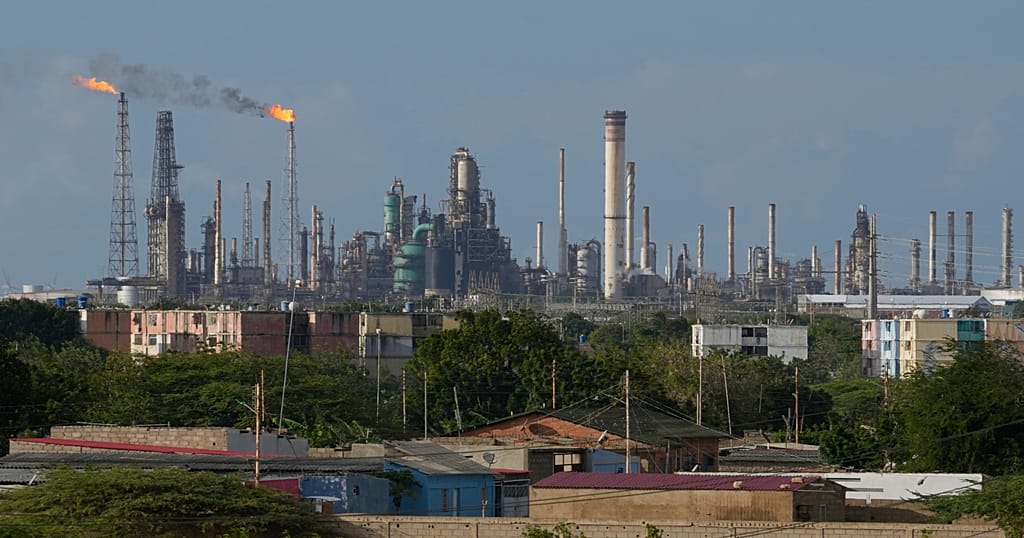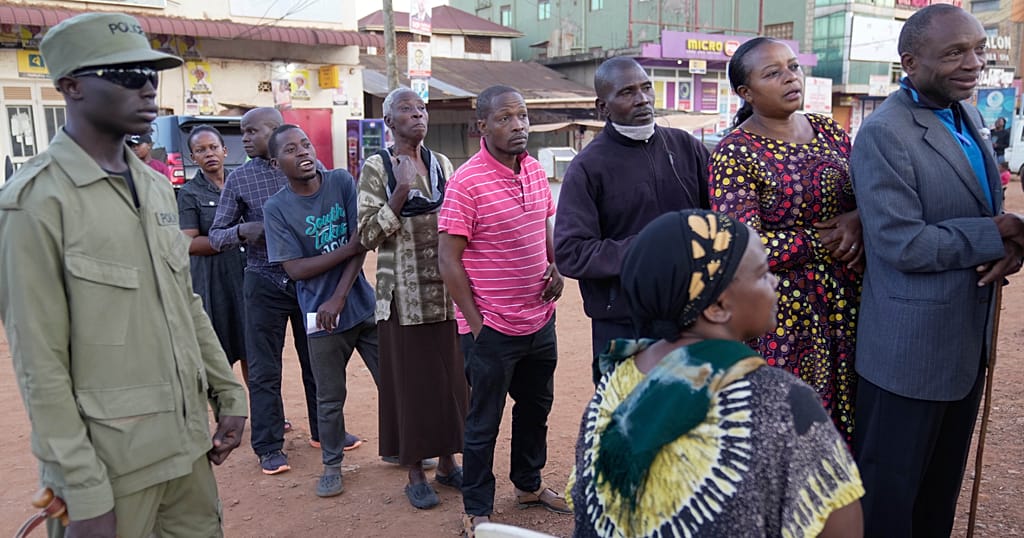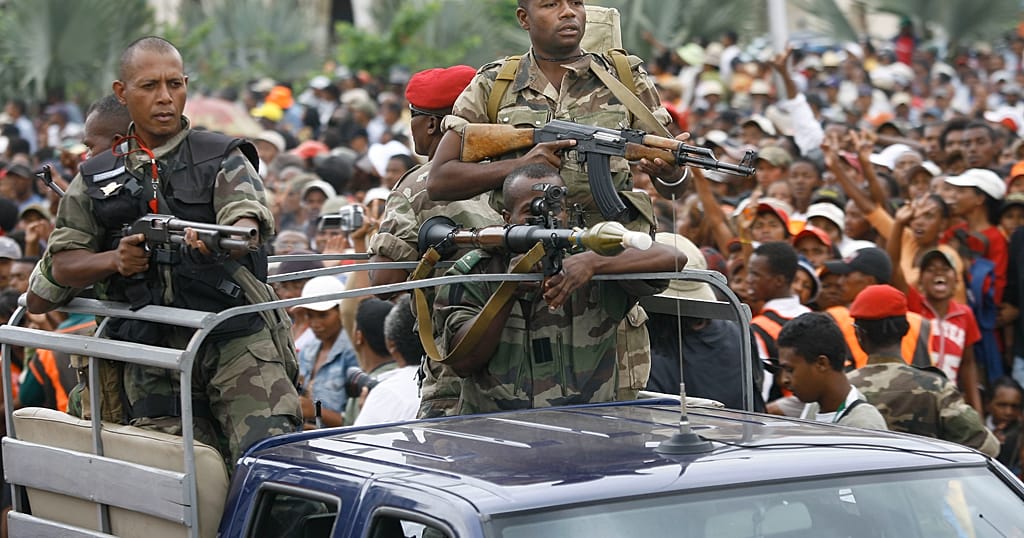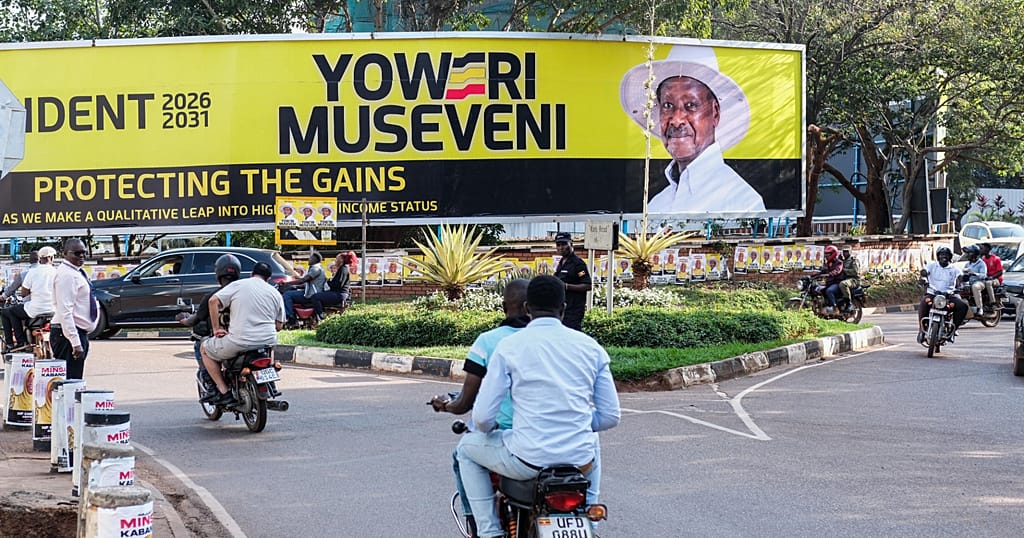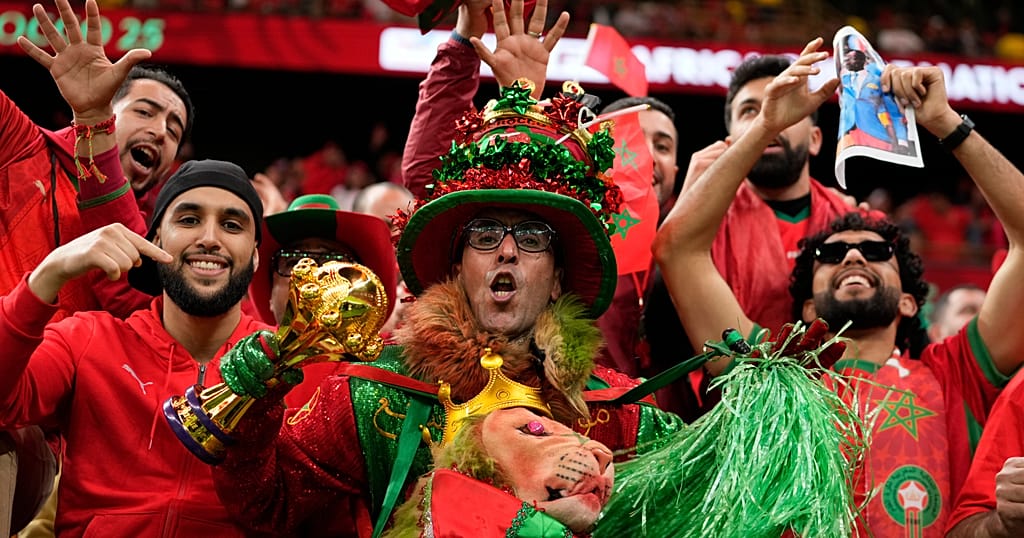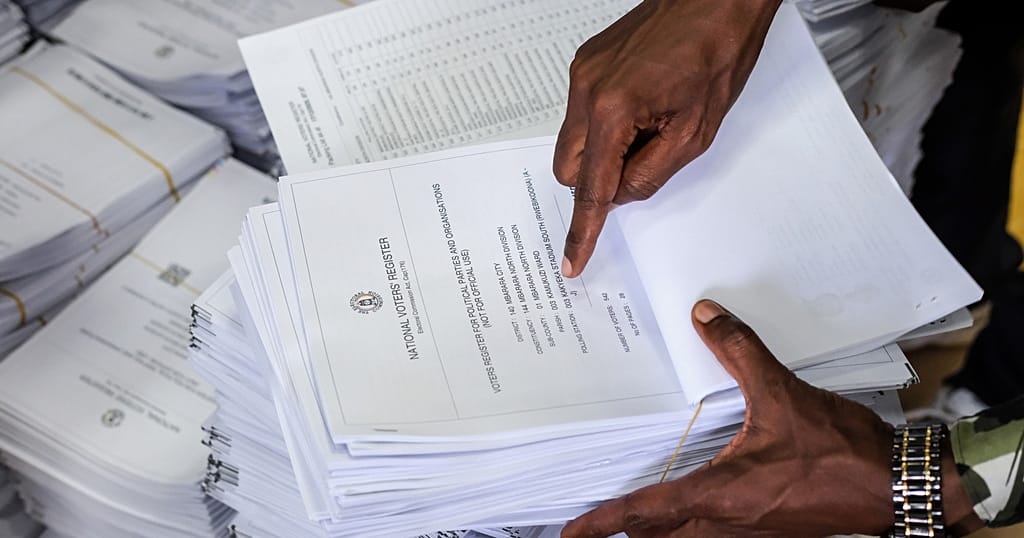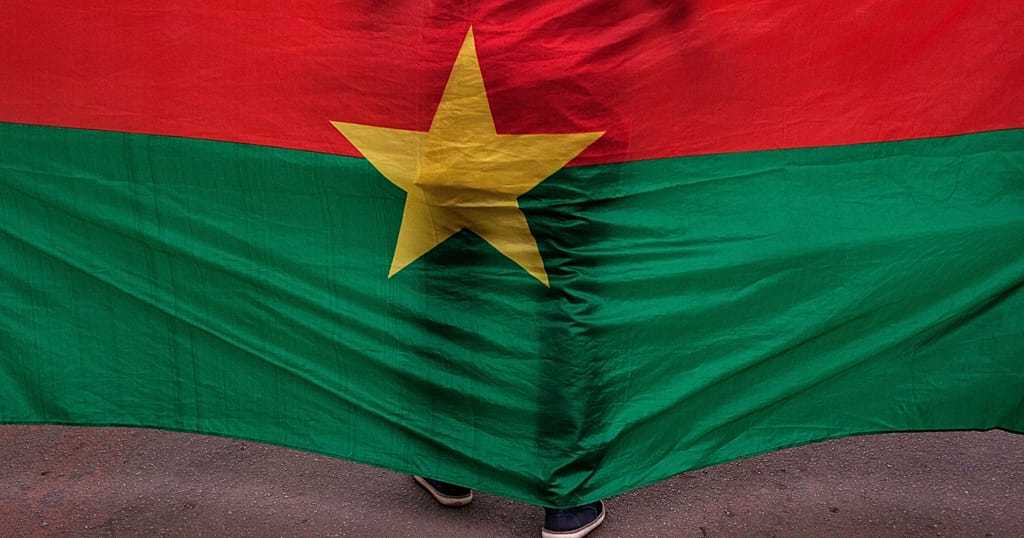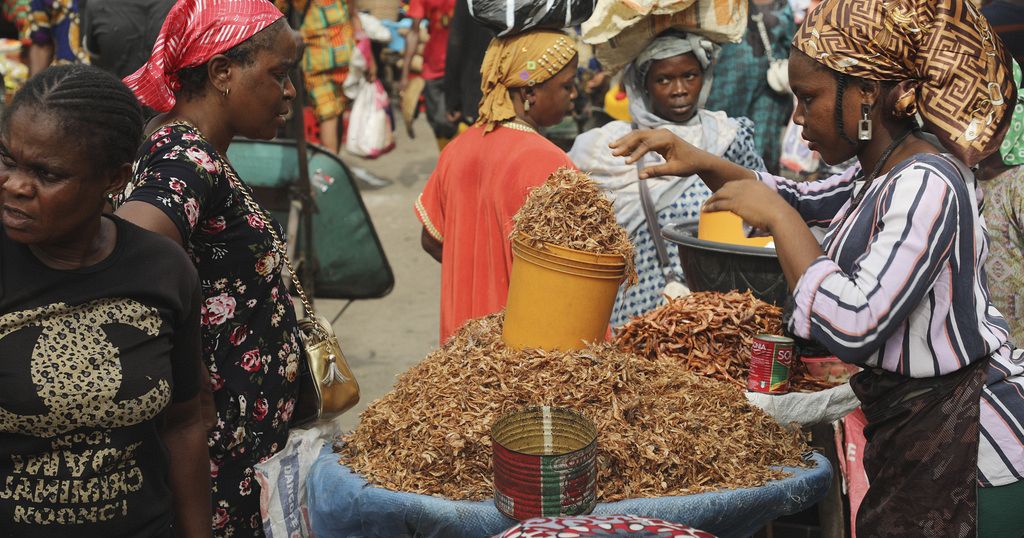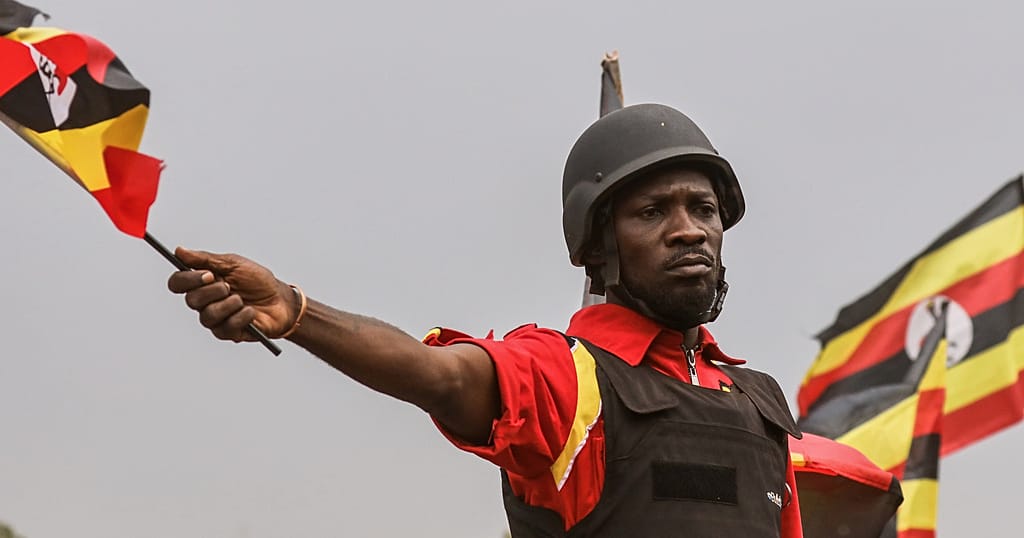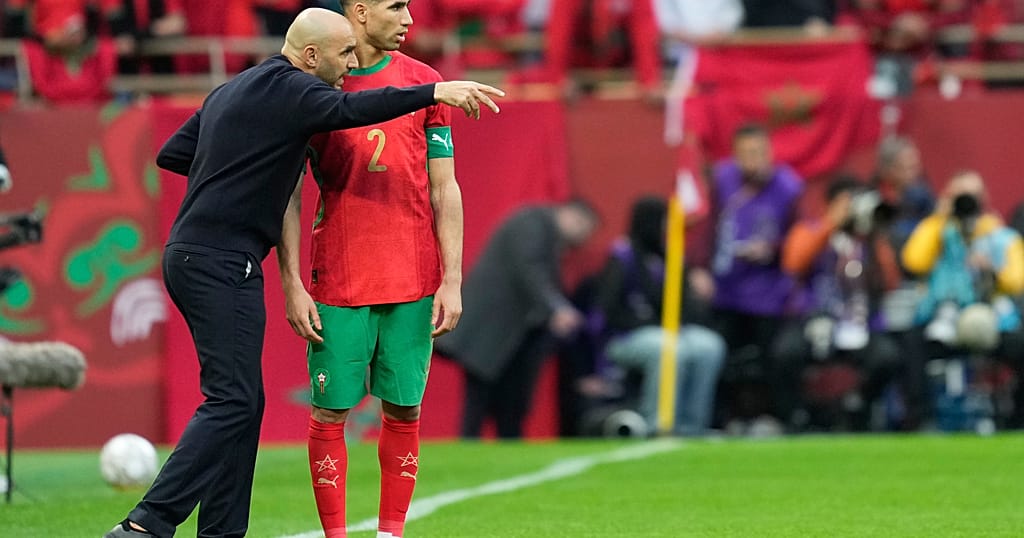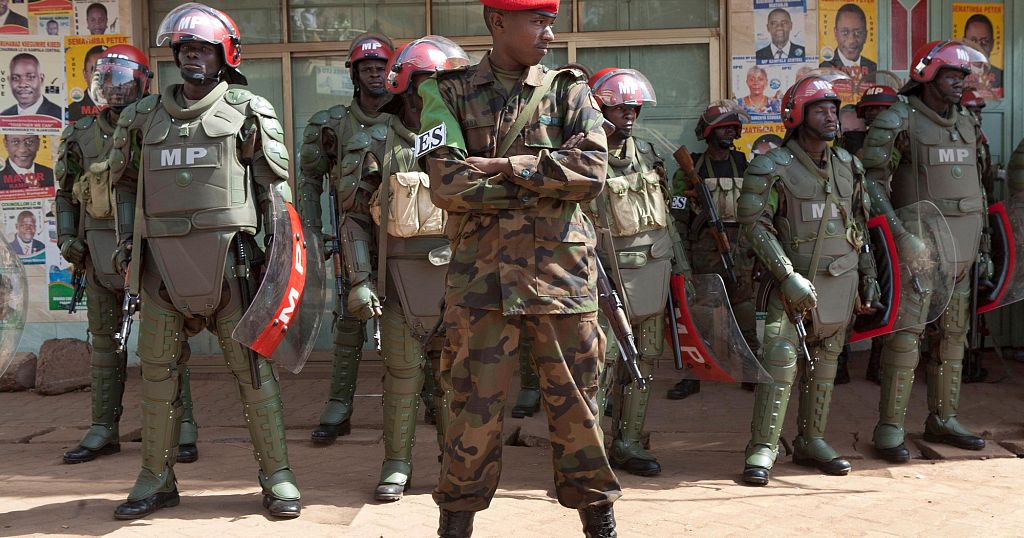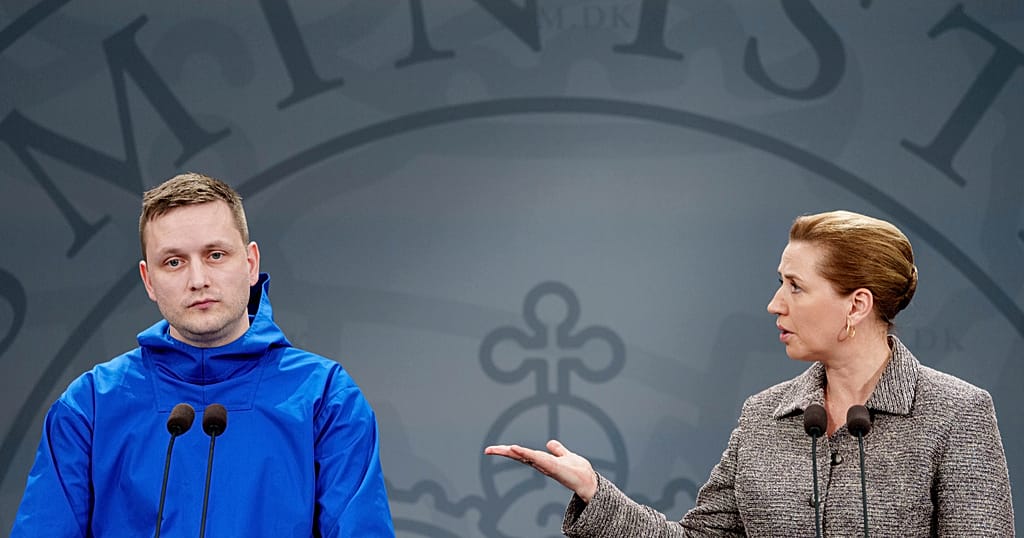Madagascar’s Rajoelina re-elected – Election management body

Incumbent president Andry Rajoelina is poised for a new term in Madagascar.
The election commission said Saturday that he won the first round of the presidential election with 58.9% of the votes.
Speaking in Antananarivo, Rajoelina hailed the “people’s choice.
“This year, in the first round of voting, I still managed to secure more than 2 million 850,000 votes, that shows the determination of the Malagasy people to continue along the path of development […] It’s precisely for this reason that I’m even more committed to catch up with Madagascar’s development lag. Madagascar must shine, and now we’re going to continue working to implement all the development plans we’ve already started for Madagsacar.”
In the last presidential vote in 2018, a second round was necessary for Rajoelina to win the presidency. At the time, he secured 2 586 938 votes.
Just over 46% of the 11 million voters cast a ballot this time. Vote tower was lower that during the last election.
Ten of the 12 rivals of Rajoelina refused to campaign and called for boycott.
Their collective said Friday (Nov. 24) that it would “not recognize the results” of the contested November 16 vote.
The Constitutional Court now has to formally validate the results.
“Illegitimate election, riddled with irregularities”
Madagascar President Andry Rajoelina has won re-election in the first round of a ballot boycotted by nearly all opposition candidates in the Indian Ocean island nation, the election commission said Saturday.
Turnout was just over 46 percent, down on the previous presidential election in 2018, which the election commission blamed on “ambient political climate” and “manipulation of opinion”.
Rajoelina first came to power in 2009 following a mutiny that ousted former president Marc Ravalomanana. He then skipped the following elections only to make a winning comeback in 2018.
The former mayor of the capital Antananarivo, is accused by rivals of corruption, greed, and turning a blind eye to the pillage of the country’s natural resources, including its precious rosewood forests.
“What results? What election?” was the joint opposition response to a request for comment on Rajeolina’s victory.
“We will not recognise the results of this illegitimate election, riddled with irregularities, and we decline all responsibility for the political and social instability that could ensue”, the opponents warned.
The opposition has not yet indicated if it will formally contest the result and has not called for more street demonstrations.
In the weeks leading up to the vote, the opposition — including two former presidents — led near-daily, largely unauthorised protests that were regularly dispersed by police using tear gas.
Madagascar has been in turmoil since media reports in June revealed Rajoelina had acquired French nationality in 2014.
Tense socio-political climate
Under local law, the president should have lost his Madagascan nationality, and with it, the ability to lead the country, his opponents said.
The head of Madagascar’s lower house of parliament on November 09 called for the suspension of the November 16 presidential elections.
The mediation group headed by the official concluded the current situation in the country did not allow for a free and credible vote.
The group including the organization that bring together Madagascar’s four biggest Christian churches spoke to the press in Antananarivo.
On early November, some 60 Madagascan civil society organisations and trade unions have called for the “cancellation” of the first round vote, warning of an “even harder crisis” if the election were to go ahead.
Opposition candidates complained of an “institutional coup” in favour of the incumbent, accusing government of working to reappoint Rajoelina.
They called for the electoral process to be suspended and for the international community to intervene.
Eight countries and organisations including the European Union and the United States expressed concern about the “disproportionate use of force” to disperse opposition demonstrations.
The opposition has denounced irregularities, including closed polling stations, a lack of ballot boxes and the use of state resources by Rajoelina for his campaign.
One of the two opponents who formally remained in the race, Siteny Randrianasoloniaiko, also denounced “worrying anomalies” which he said “raise legitimate questions about the validity of the results”.
The election took place “in regular and transparent conditions”, Arsene Dama, the president of the national electoral commission, said on Saturday.
Dama’s impartiality has been questioned by the opposition.
Source: Africanews


